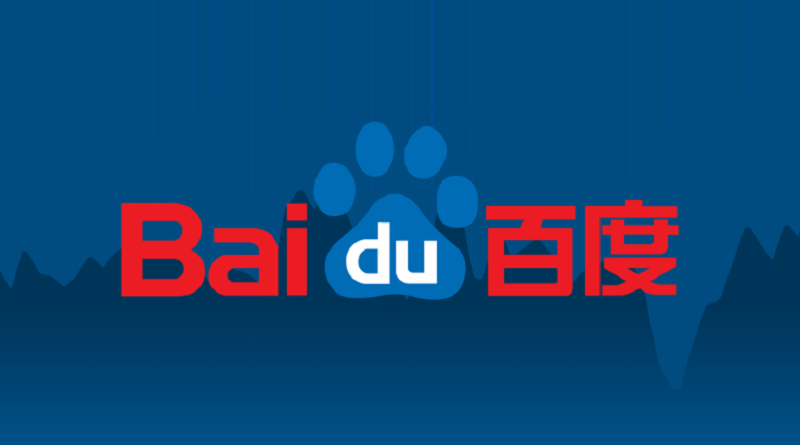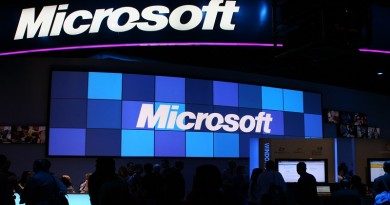Microsoft strikes deal with China’s largest search provider, Baidu
Microsoft yesterday said it had struck a deal with China’s Baidu, best known to Westerners as the country’s largest search provider, to push Windows 10 to China’s massive consumer market.
For its part, Baidu will use its own distribution channel, including an application labeled “Windows 10 Express,” to offer consumers the official Windows 10 upgrade download. Also, Baidu has committed to crafting “universal” Windows apps — those that run on all forms of Windows 10, albeit after some tweaking to finesse the differences between Windows 10 and Windows 10 Mobile — for search, video, maps and online storage. Of the latter, Baidu offers 2TB of free cloud storage space, double what Microsoft gives its best customers, consumers who subscribe to Office 365.
In return for promoting Windows 10 to China’s consumers, Baidu gets pride-of-place in Edge, the OS’s default browser. “Baidu.com will become the default homepage and search for the Microsoft Edge browser in Windows 10,” wrote Yusuf Mehdi, the head of marketing for the Windows group, on a Wednesday blog.
Bing is normally Edge’s default search engine, as it is for other forms of search within Windows 10, including the OS’s baked-in local-and-Web search tool, and more importantly to Microsoft long-term, 10’s Cortana digital assistant.
Baidu and win10
When users search for ‘Windows 10’ on China’s Baidu engine, they see a banner pitching the free Windows 10 upgrade, one component of the new Microsoft-Baidu partnership.
Apple security
XcodeGhost used unprecedented infection strategy against Apple
Hackers who targeted Apple pulled off an unprecedented feat by lulling unwitting developers into
Read Now
Bing will remain the search provider for Windows 10 in general, as well as for Cortana.
Wednesday’s announcement followed other China moves Microsoft made public in March. Then, Microsoft touted deals with several major Chinese companies to distribute Windows 10 upgrades, including computer maker Lenovo; Qihu 360, a Chinese security firm also known for its 360 Secure Browser; and China’s biggest social network, Tencent.
The upgrade partnerships, boosted by yesterday’s Baidu announcement, show the lengths to which Microsoft will go to convince China’s Windows users — many who run illegal copies of the OS — to get legit with Windows 10.
Microsoft has made some progress already. “We’re off to a great start in China,” Mehdi claimed, citing the earlier partnerships with Lenovo, Qihu 360 and Tencent.
“Great” is in the eyes of the beholder, of course. According to Baidu, which tracks the operating systems that power the devices reaching its search engine, Windows 10 accounted for just 1.1% of all personal computer OSes last month. That was significantly less than the global average: U.S. analytics company Net Application estimated Windows 10’s user share as 5.2% for August. But it was larger than Baidu’s measurement of 0.8% for Windows 7 in January 2010, three-plus months after the operating system’s debut.
In his blog post, Mehdi also said 10 million devices — certainly the vast bulk of them PCs — are already running Windows 10 in China.
According to Baidu’s statistics, most of that 10 million access its search engine: With 600 million active users — a figure Microsoft quoted — the 1.1% running Windows 7 would represent 6.6 million PCs, assuming page views were distributed equally. Baidu uses page views to track OS shares.
That’s a lot of machines. Even more important for Microsoft — and its goal to reach 1 billion Windows 10 devices by mid-2018 — 49.2% of the devices that reached Baidu’s search engine last month ran Windows 7, while 5.6% ran Windows 8. Together, they’d represent another 528 million potential Windows 10 upgrades.
What Readers Like
Ashley Madison CEO Noel Biderman
This Ashley Madison hack story keeps getting worse and worse [u4]
open windows with clouds 164757 1280
4 overblown Windows 10 worries
Hands-on with the Samsung Galaxy Note 5
No wonder Microsoft is eager to tap into the China market.
To help Microsoft do that, Baidu has embedded a large banner on its results page when someone searches for “Windows 10,” as did Computerworld. The banner, which is branded with logos of both Baidu and Microsoft, touts Windows 10’s free upgrade to eligible PCs, with a button labeled “Learn more” prominently displayed.
Clicking on the button shunts the user to a promotional page, where a Windows application, Win10Express_OnlineSetup.exe can be downloaded. Once installed, the application checks the PC for upgrade eligibility, runs a system scan to ensure the machine is able to handle the new OS, and then begins the upgrade download
computerworld.com




